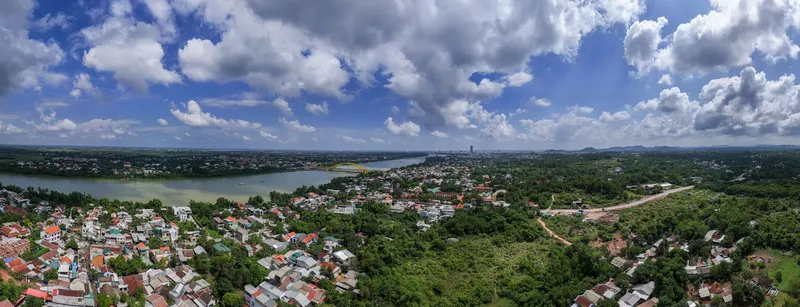The authorities in Czech capital Prague are looking at option to speed the completion of a new ring road. Constructing the internal ring road on a fast-track basis could cost in the order of €81.5 million (CZK2 billion). Should this move be made the route could be ready to carry traffic by 2015. Prague suffers heavy congestion at peak periods, particularly in the historic city centre.
September 21, 2012
Read time: 1 min
The authorities in Czech capital Prague are looking at option to speed the completion of a new ring road. Constructing the internal ring road on a fast-track basis could cost in the order of €81.5 million (CZK2 billion). Should this move be made the route could be ready to carry traffic by 2015. Prague suffers heavy congestion at peak periods, particularly in the historic city centre. The new road would help reduce the need for drivers travelling through the congested centre and help cut journey times overall.







